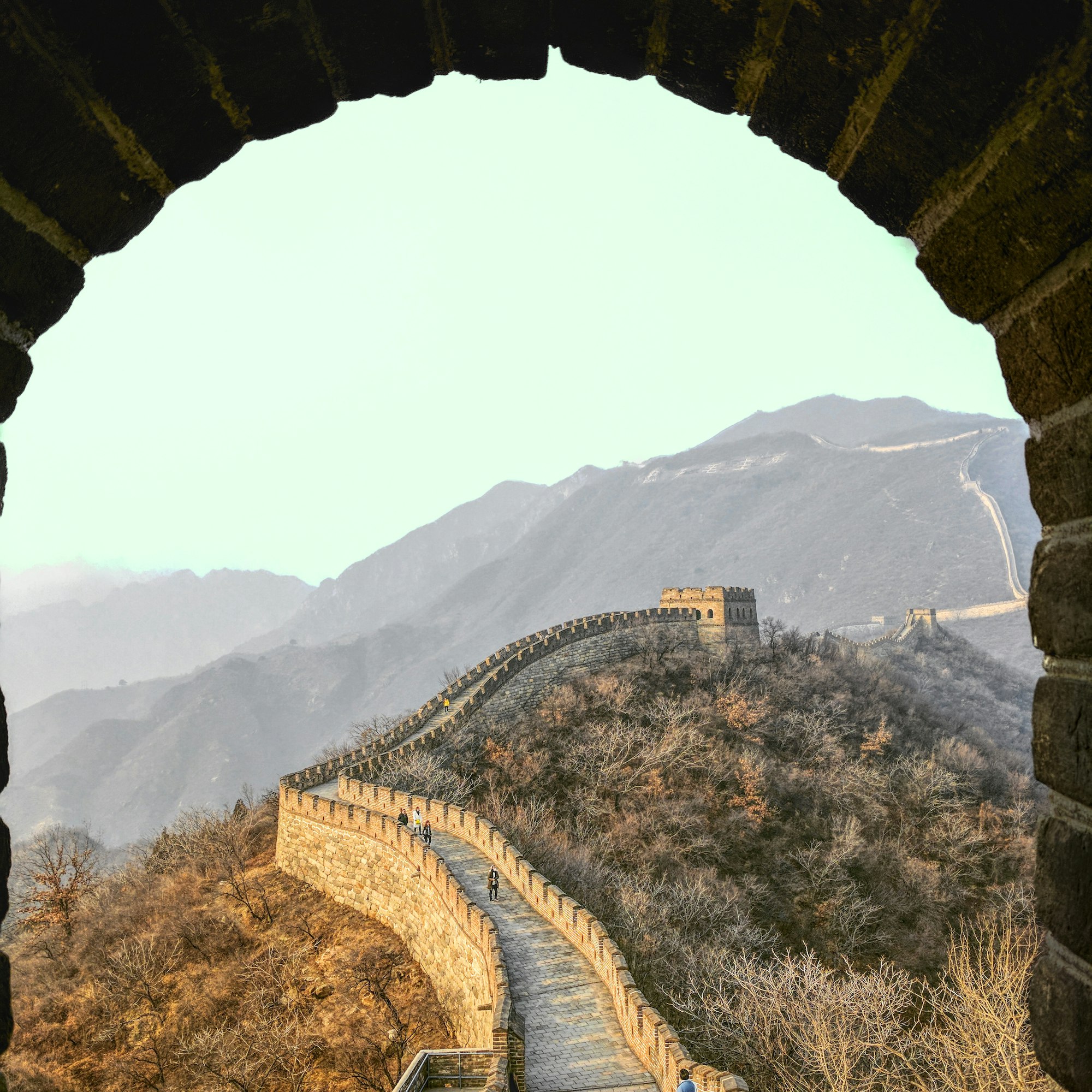China’s economic recovery is looking sustainable and is leading the global economic recovery, but once the dust settles on this awful Covid-crisis, watch emerging markets as this will be their century.
The Chinese economy grew by 4.9 per cent in the latest quarter. That was actually slightly less than expected, but even so, analysts expect Chinese output to return to pre-Covid levels by the end of the year.
Of the world’s largest economies, China will be the first to return to pre-crisis levels of output.
The global economy is, of course, looking weak. The World Bank expects global GDP to contract 5.2 per cent this year. And for some people, this will hurt. The World Bank also projects that 115 million more people could be living in extreme poverty by the end of this year. (That’s people living on less than $1.90 a day).
Now, I don’t want to sound callous, the numbers in extreme poverty are awful, but there are good reasons to expect this century to be good for China, good for emerging markets and good for developing markets.
Of course, climate change is the most significant potential downside.
China
Focusing on China, in the short run, its recovery will be adversely affected by the economic contraction elsewhere, as exports remain an essential part of its economy. On the other hand, the acceleration towards digital and remote working will support China’s manufacturing of electronic devices.
But there are three main reasons why I expect China to continue to expand and probably become the global economic superpower within a few decades. They are:
- AI and data; Not only is the Chinese government’s investment into AI massive, not only do different cultural attitudes in China towards privacy support the use of data, it has a uniquely qualified labour force. I will tell you something ironic about AI and China. While the US becomes ever more terrified of China’s AI reach, there is one respect in which US investment into AI exceeds Chinese investment; and that is the area of using AI in defence. China’s key advantage, however, relates to its uniquely well-qualified labour force. There is a shortage of coders and data scientists worldwide. People with these skills will be vital to advance AI. But people with these skills need to be good, or ideally brilliant mathematicians. And this is precisely the skill set that China has in abundance. I should point out at this stage that not all agree with me.
- Renewables: China’s critics focus on the extent of carbon dioxide emissions emanating from China. The country is, for example, still building coal plants. But the criticism misses the point. For one thing, these new coal plants are mainly replacing existing far dirtier coal plants. For a second thing, China CO2 emissions are not high relative to either the size of its population or economic growth. For a third thing, China is the factory of the world, so high CO2 emissions are inevitable. But finally, and most importantly, China is becoming the world’s renewable energy superpower. They say data is the new oil, but I think that renewables are literally, the new oil, and China leads the way.
- Chinese research into other high tech areas, such as nanotechnology and gene editing: China could yet become a global leader in technologies which may ultimately become more important than AI.
Emerging markets and developing markets
But there are reasons to think that new technologies will also massively benefit other emerging markets and indeed much poorer developing markets. Consider some of the factors they have held them back in the past:
- Poorly defined property rights,
- Poor education,
- Lack of access to banking facilities,
- Inadequate electricity coverage and cost of connecting remote areas to a national grid,
- High cost of investing in capital,
- Poor transport infrastructure,
- Existing capital infrastructure.
Consider these points in the context of technology. Consider for example how apparently ubiquitous smartphones have become in Africa, and consider plans by the likes of Elon Musk to surround our planet with satellites providing internet access worldwide, including to the remotest of regions.
So, how can technology overcome the traditional barriers to development?
- Blockchain could be used to create a trusted and low-cost database of property rights removing any ambiguity over who owns what.
- Online education, operations such as the Khan Academy or MOOCs — massive online open courses — could transform the quality of education in poorer areas, providing people have access to the internet and an internet connectivity device.
- Online banking will transform finance industries in emerging markets — supported by more clearly defined property rights.
- The revolution in renewables will transform the availability of electricity and, where appropriate, remove the need to connect an area to a national grid.
- The emergence of the cloud is changing the need to invest in expensive IT systems. Instead, IT has had become a pay as you go service and software as a service (SaaS).
- Increased remote working, which in time will be supported by augmented reality, will reduce the importance of transport infrastructure.
- Increasing existing capital infrastructure is becoming a handicap, as companies and countries can be trapped by, for example, IT legacy and fail to adopt new technologies.
Article originally appeared on share.com






Related News
Can social media defeat Russia?
Feb 25, 2022
The economy needs more technology and not higher house prices
Dec 14, 2021
The world just tried going cold turkey
Oct 05, 2021